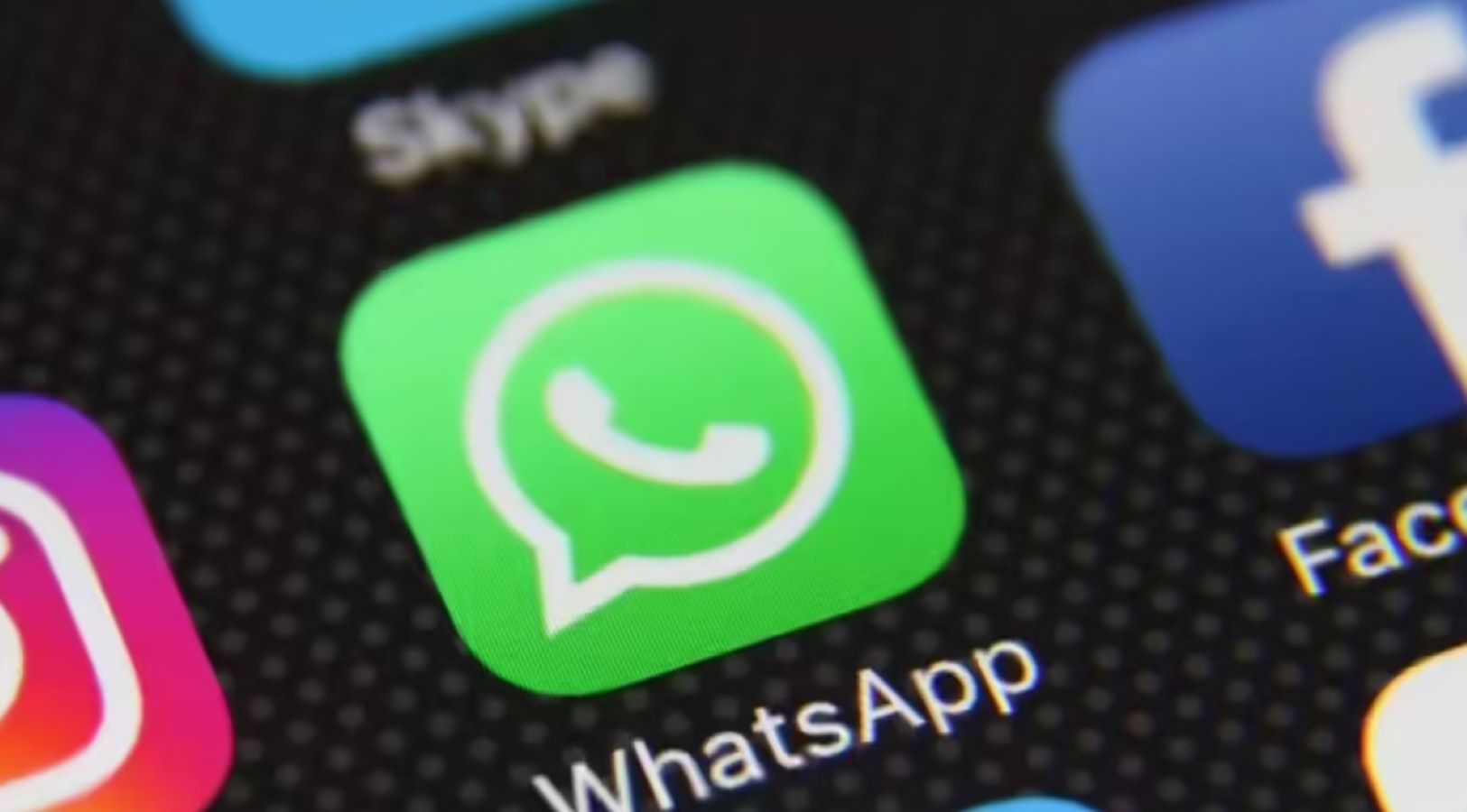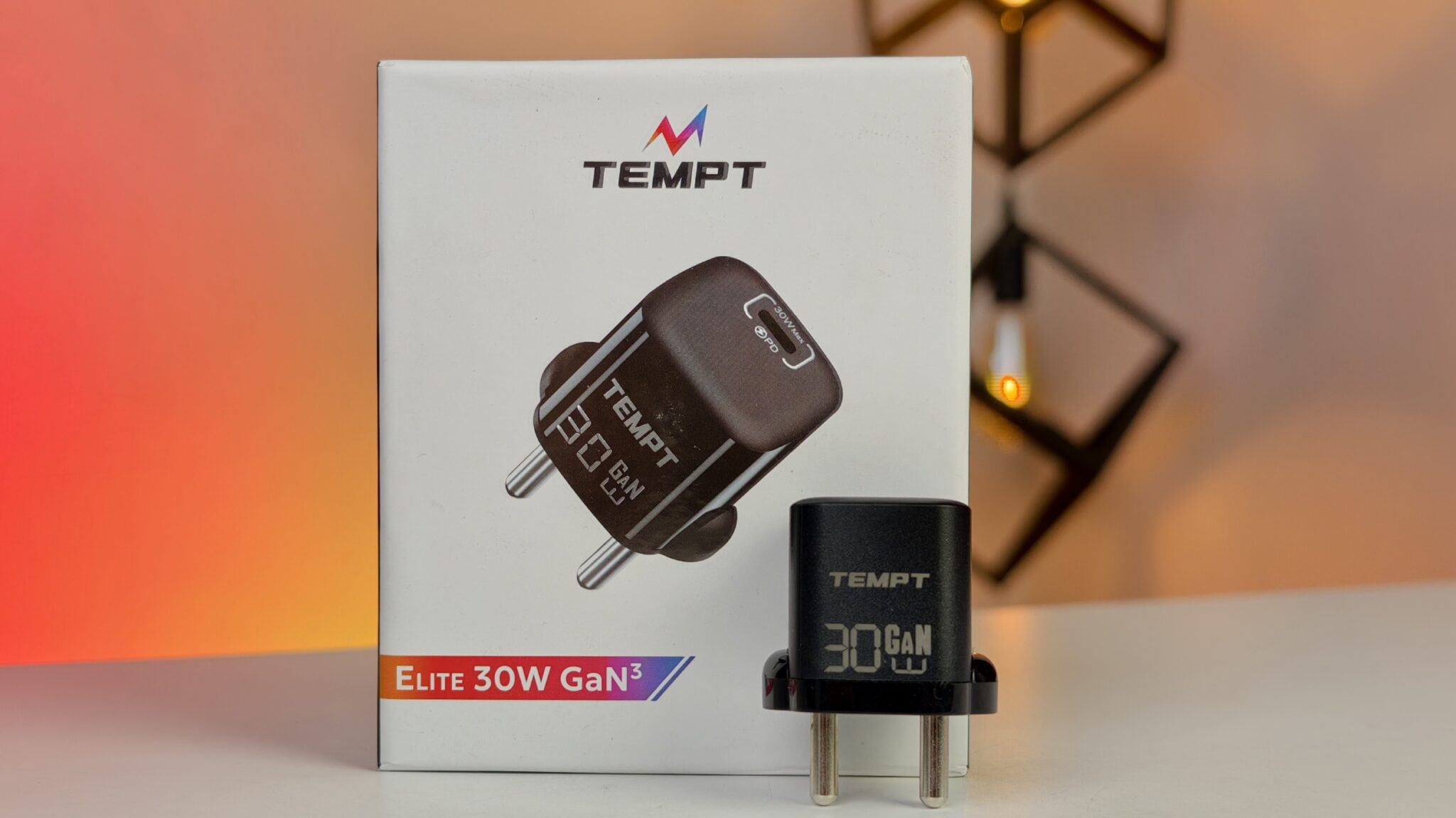WhatsApp is reportedly developing a new feature to tackle the growing problem of spam on its platform. The Meta-owned messaging app is testing a monthly message limit for conversations where one person repeatedly messages someone who hasn’t replied. According to reports from tech publications, this update is designed to slow down spammers and bulk advertisers while having little to no effect on normal user interactions.
Key Takeaways
- WhatsApp is testing a monthly message limit to reduce spam.
- The rule applies to messages sent to “unknown contacts” who do not reply.
- Users who send too many unanswered messages may be temporarily blocked from messaging other new contacts.
- Once the recipient replies, the conversation becomes active, and those messages no longer count toward the limit.
- The feature is still in development and not yet available to the public.
New Limit Targets Unanswered Messages
The new system targets what can be described as “one-sided chats.” It’s a familiar situation, someone receives several messages from an unknown number about fake job offers, investment schemes, or promotional content. Usually, the recipient ignores, blocks, or reports the sender without responding at all.
Under this new setup, WhatsApp will track how many of these unanswered messages a user sends each month to non-contacts. Every message that doesn’t get a response will count toward a monthly limit. The exact cap hasn’t been disclosed yet, as the company is reportedly testing different thresholds to determine what works best.
If someone approaches this monthly limit, they’ll receive a warning in the app. Ignoring it and continuing to send messages could result in a temporary restriction from starting new chats with unknown numbers.
However, once the recipient replies, that conversation is marked as legitimate. From that point on, messages exchanged in that chat will no longer count toward the sender’s monthly quota. Reports also indicate that WhatsApp may introduce an exception process, allowing legitimate users such as businesses or customer service representatives to request higher limits when needed.
A Proactive Step Against Spam
This update seems to be part of WhatsApp’s broader strategy to keep its platform cleaner and safer, especially in markets like India, where over 500 million people rely on the app daily. Up until now, users have had to manually block or report spam contacts. This new system aims to do that preemptively, automatically stopping high-volume senders before they can flood users with unwanted messages.
Importantly, this feature won’t impact everyday chats. Conversations with friends, family, and saved contacts will continue without any restrictions. WhatsApp’s intention is to specifically target automated bots and aggressive spammers who bombard people who never asked to be contacted in the first place.
The feature was reportedly spotted in development and may roll out for testing in select countries soon. It’s expected to reach beta users first before a wider release to the public.
Overall, this seems like a thoughtful move. It may not stop every spammer out there, but it does show WhatsApp is taking more proactive steps to protect users from unsolicited messages, something many of us have probably been waiting for.
Frequently Asked Questions (FAQs)
Q. What is a one-sided chat on WhatsApp?
A. A one-sided chat in this context is a conversation where one user (usually an unknown contact) sends multiple messages, but the person receiving them does not reply.
Q. Will this message limit affect my normal chats with family and friends?
A. No. WhatsApp has stated this limit is designed to target spam. It will not affect your regular conversations with saved contacts or in groups.
Q. Is this message limit feature available now?
A. No, the feature is still in development and being tested. It is not available to the general public yet and is expected to roll out in the coming weeks.
Q. Why is WhatsApp adding this message limit?
A. The goal is to reduce spam, scams, and unwanted promotional messages sent by bulk advertisers to unknown numbers.
Q. What happens when someone reaches the message limit?
A. They will receive a warning first. If they hit the limit, they may be temporarily stopped from sending messages to new unknown contacts for the rest of the month.



















